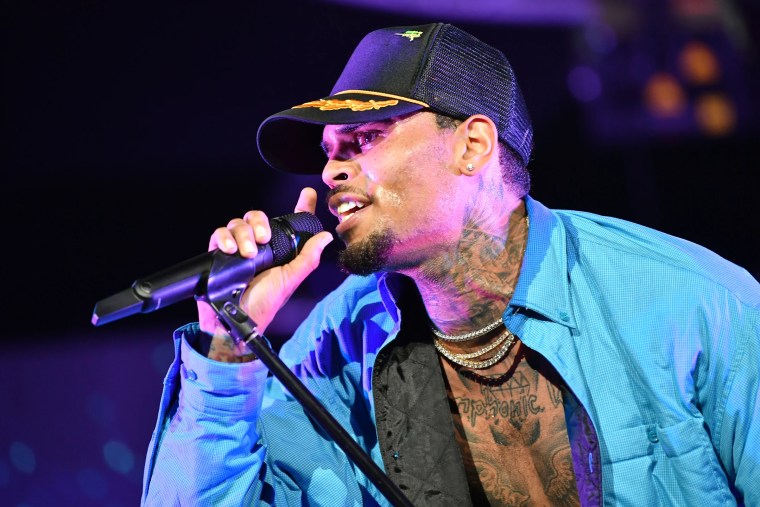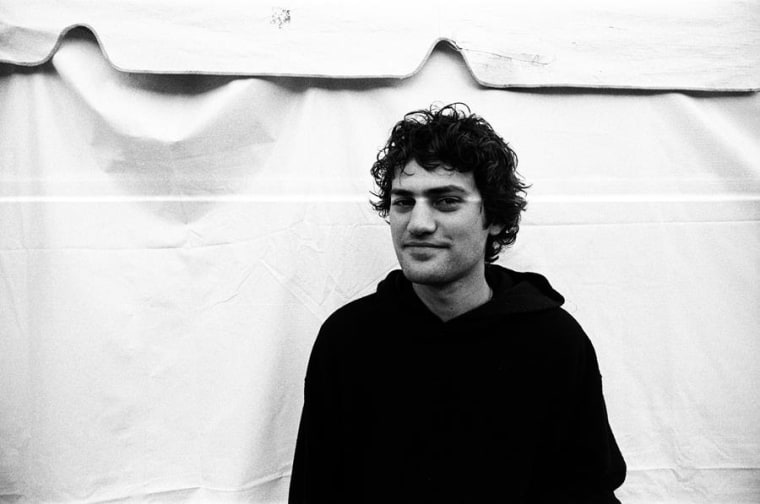Hurry Up Tomorrow”>
Lionsgate
It probably didn’t bode well that when I arrived at an early “fan screening” of The Weeknd’s new movie Hurry Up Tomorrow on Wednesday night it was to a completely empty theater. Five minutes before the movie began, a few more people shuffled in, but the vast amount of seats remained empty. Two years after The Idol, the pop star’s overwrought, overcomplicated, and overpromised TV disaster, it’s clear The Weeknd faces headwinds in his quest to carve out a distinct and respected career as a filmmaker and actor. As if to reinforce this, the screening kicked off with a music video of The Weeknd performing “Hurry Up Tomorrow” followed by a marketing card for the titular album, a way to sweeten the palate, perhaps, before giving it a shock.
But things are not so dire with Hurry Up Tomorrow the movie, Abel Tesfaye’s first feature-length foray that birthed his 2025 album. Centered around a fictionalized version of The Weeknd, a character he’s inhabited for over a decade by now, the horror-drama roams in much more familiar territory for Tesfaye to stretch his abilities as a believable actor. And in the hands of the indie director Trey Edward Shults, it’s presented with all the stark, stylistic flair of his past films It Comes At Night and Waves, even when the writing stumbles through more than a few cliches.
Hurry Up Tomorrow is a fake story about a real person (or maybe more accurately, persona) inspired by real events. In 2022, Tesfaye ended a concert in Los Angeles when his voice suddenly failed. This event is redramatized in the film and serves as a core knot that unravels a series of increasingly chaotic events. The movie version of The Weeknd is a surly diva who stomps around backstage, pumped up by his manager with pep talks (and cocaine) before every show (“You’re a superhero,” Barry Keoghan as Lee lavishes upon him repeatedly). He’s suffering from stress and sleep paralysis, and crashing out after a woman the film suggests he treated horribly ghosts him. That Tesfaye carries this performance with ease further prods at the question of just how close this “story” perhaps resembled reality.
The film’s best performance, however, comes from Jenna Ortega’s Anima, an equally wounded, pyro-loving (she sets fire to not one but two structures in the film) Weeknd superfan who jumps the stage barriers when she spots him leaving his show. They embark on an emotional bender together that sets off The Weeknd’s psychological spiral. Her entrance is what finally tips Hurry Up Tomorrow from a surface-level drama into something more weird and probing, and certainly meatier than anything The Idol ever covered.
 Hurry Up Tomorrow”>
Hurry Up Tomorrow”>
Jenna Ortega as Anima in Hurry Up Tomorrow.
Lionsgate
Hurry Up Tomorrow’s portrait of a popstar’s dissolving reality is an inherently thin premise, one that requires the viewer to come into the film with a certain built-in sympathy for the plight of celebrities, to care about the psychological suffering depicted on the screen. To Shults and Tesfaye’s credit, the film’s ensuing, more freeform exploration of these tribulations, is at least entertaining, if heavy handed. One of the movie’s most compelling segments sees Tesfaye confusedly wandering a completely emptied out Los Angeles and Biltmore hotel as part of an uncanny horror-dream segment — though that’s immediately followed by a literal meeting between The Weeknd and his inner child. It’s hard to ride the line between profundity and indulgence, and at critical moments the film often chooses the latter.
Still, as far as film forays by musicians go, which more often can look like Jennifer Lopez’s This Is Me… Now: A Love Story at their worst — Hurry Up Tomorrow is admirably ambitious, decently executed, and visually engaging. I actually found the film to be more interesting by viewing it as a camp comedy. Though I’m not sure Shults and Tesfaye intended them to be, several scenes in the movie unexpectedly made me laugh out loud, with one in particular being when Ortega’s character is forcing The Weeknd, who’s strapped down in a bed, to listen back to his own discography. “This song didn’t even make it to your Spotify Top 5,” she sneers about Dawn FM’s “Gasoline.” Through this lens, there’s a glimmer of self-awareness that acknowledges the vanity of the whole thing. For The Weeknd’s pivot to the screen, that qualifies as progress.





